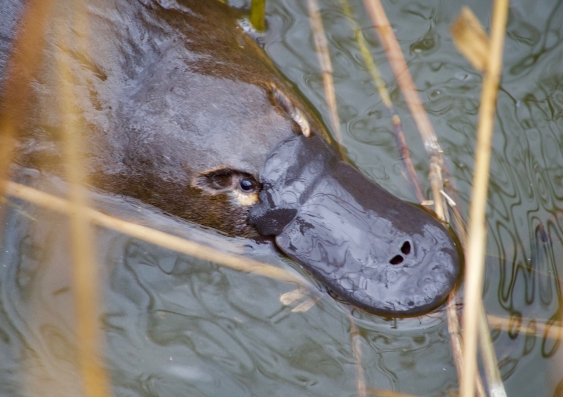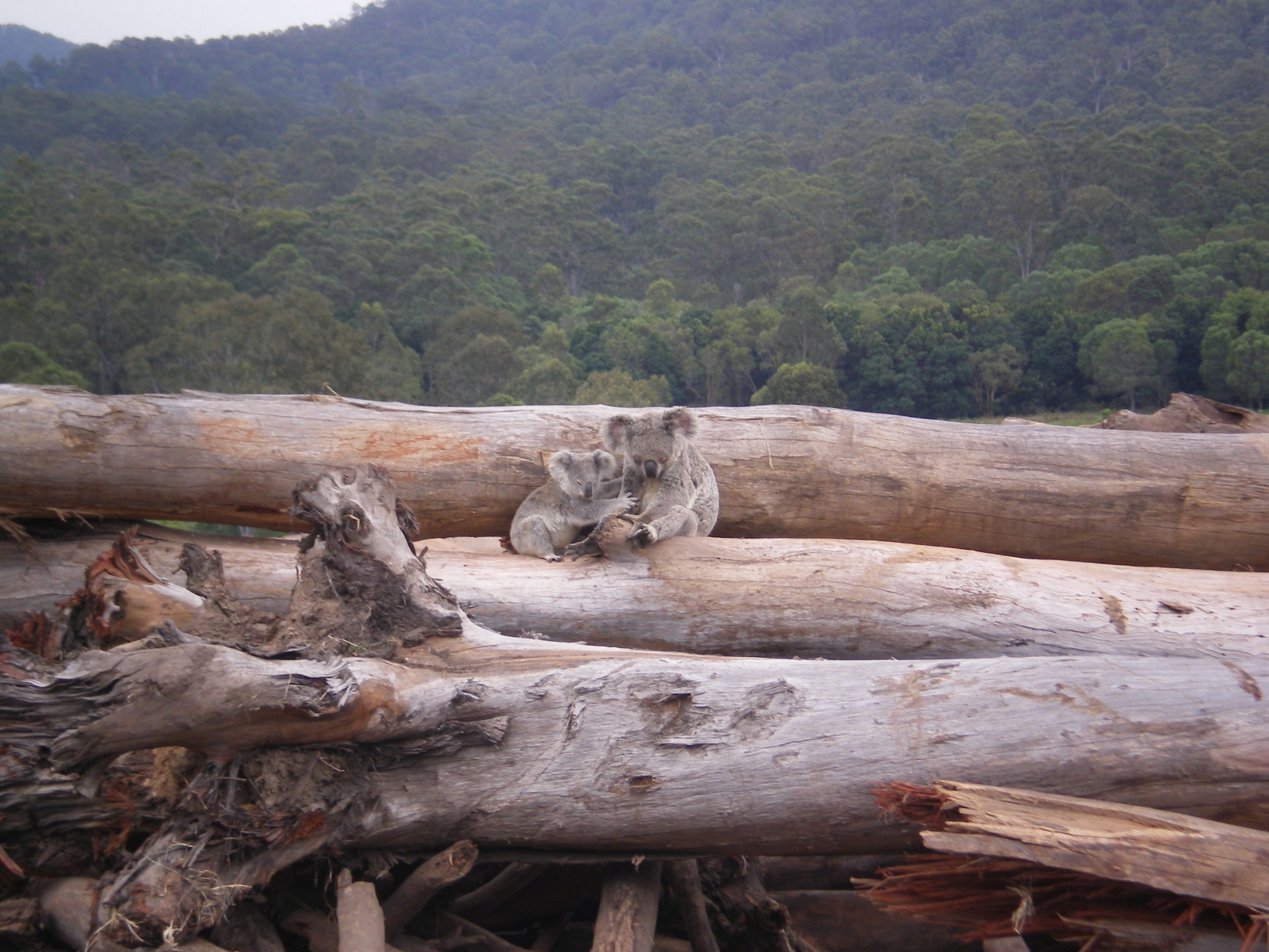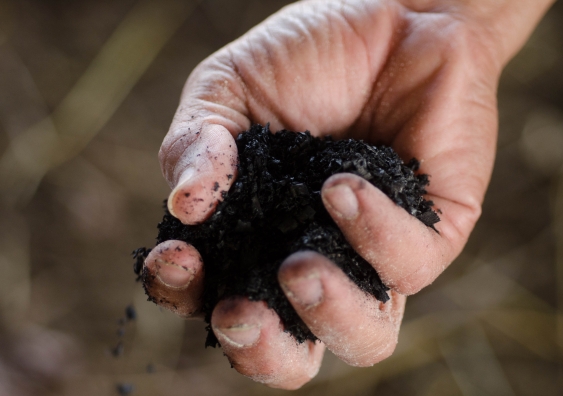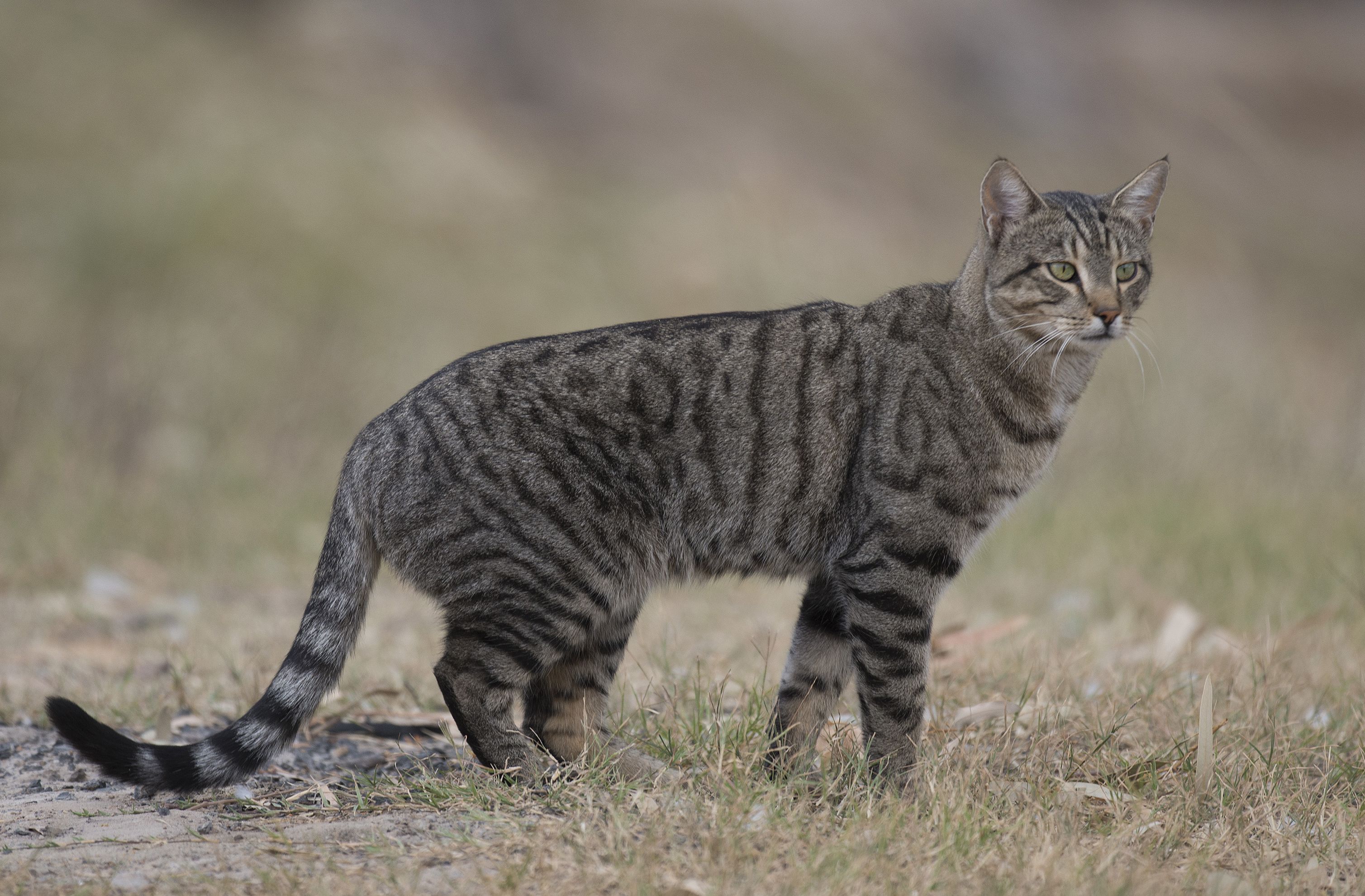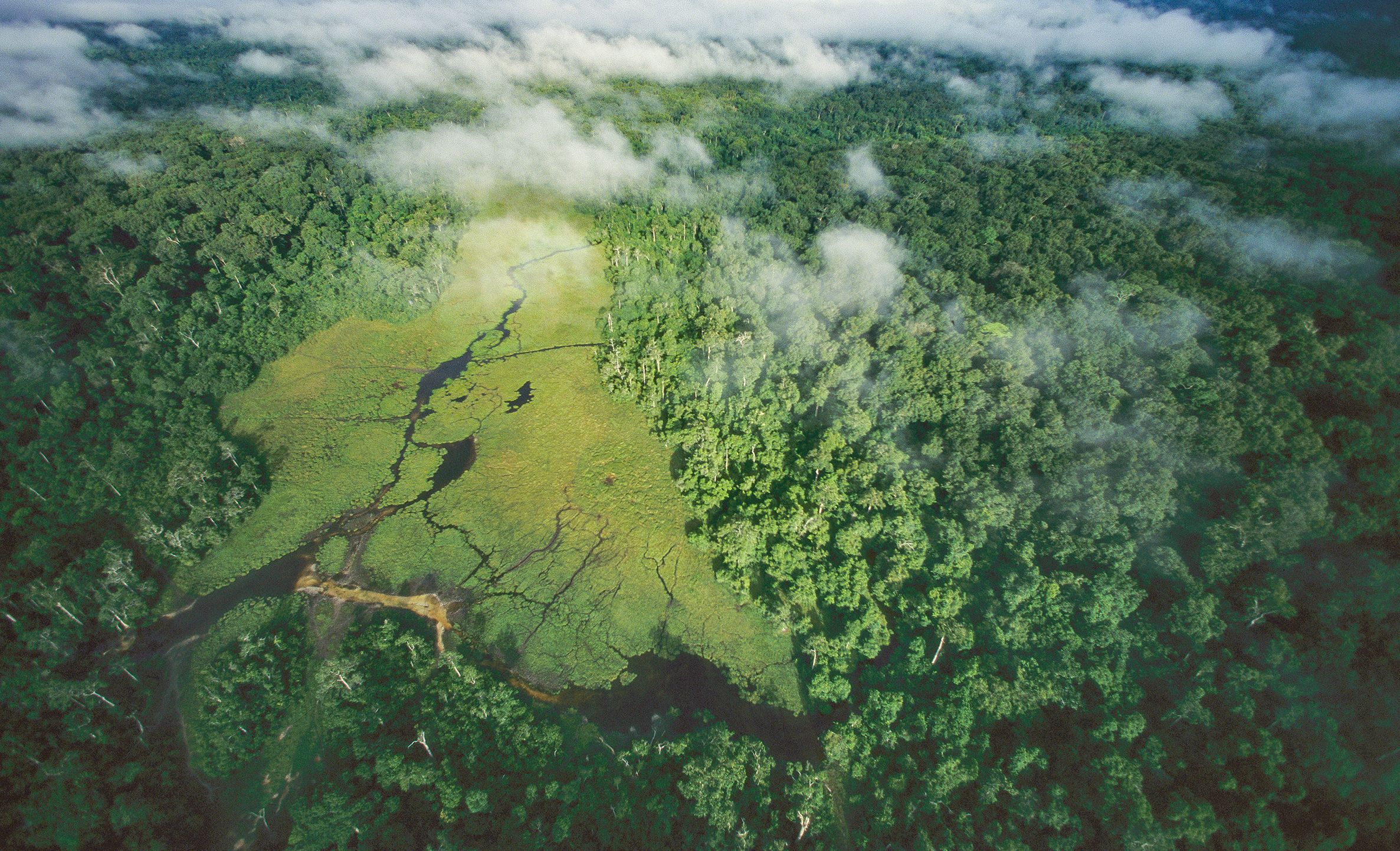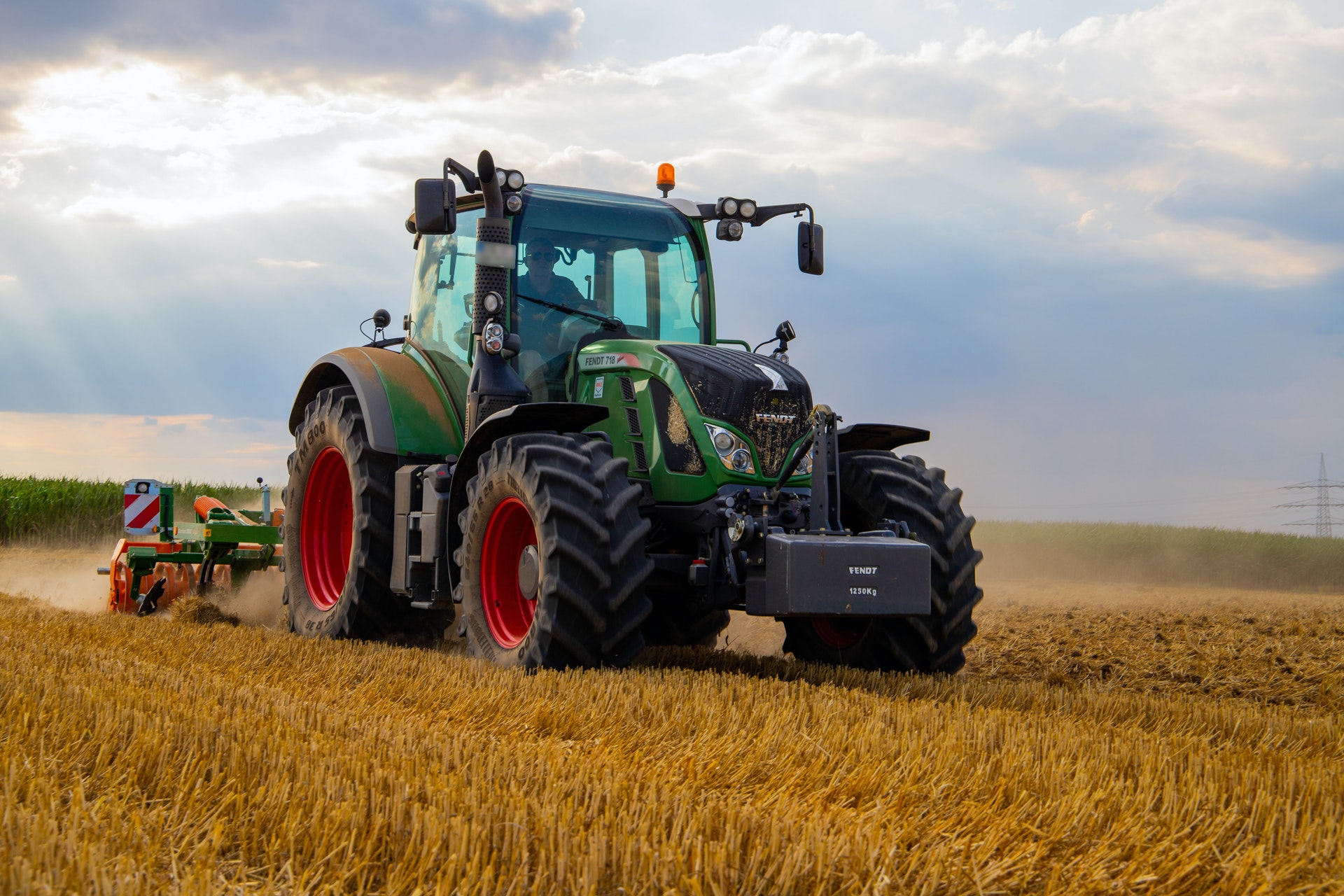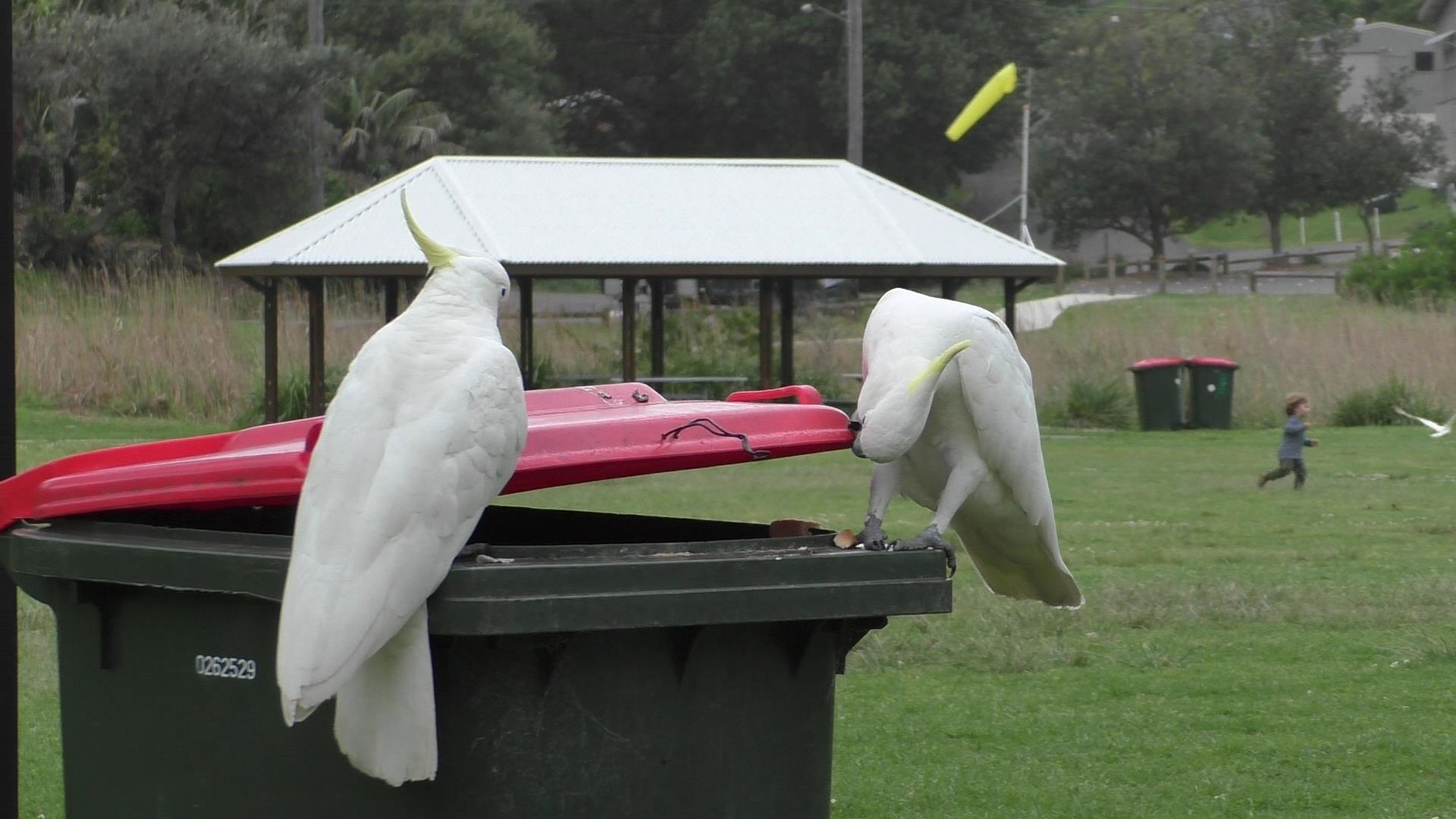-
Eat lead
Jordan Hampton | September 6, 2021Lead ammunition poses a threat to all scavenging wildlife but risks are further heightened in scavenging birds because their mobility and foraging strategies contribute to potential exposure.
-
Platypus to return to Australia’s oldest national park
Sherry Landow | September 6, 2021UNSW Sydney scientists are leading a project to bring the iconic mammal back to the Royal National Park in Sydney’s south 50 years after a chemical spill wiped out the local population.
-
Grim prospects for Australia’s wildlife
Open Forum | September 2, 2021The first comprehensive list of the threats to Australia’s most endangered plants and animals reveals blunt news about the future for some of the country’s favourite species.
-
Man bites shark
Robert Day | August 26, 2021A new approach estimates the risks that fishing and climate change pose to shark species here in Australia, and potentially worldwide.
-
Big fish thrive in protected oceans
Open Forum | August 11, 2021Big fish are harder to find in areas sprawling with human activity, unless you’re looking in no-take marine reserves, according to a new study led by marine scientists at The University of Western Australia.
-
Protecting human and environmental rights in international investment agreements
Gillian Moon | August 8, 2021Action over the environmental and social effects of international economic agreements are becoming a legal minefield.
-
The biochar solution
Diane Nazaroff | August 5, 2021Biochar – a stable, carbon–rich form of charcoal – can boost crop yields in poor soils, retain water and help ameliorate the effects of climate change, so why aren’t we using it more?
-
Biofertiliser for better farms
Open Forum | August 2, 2021Australian researchers are investigating production of a sustainable organic nitrogen fertiliser from aquatic cyanobacterial biomass – ideally suited for badly degraded areas reliant on chemical inputs.
-
The high price of pests
Open Forum | August 1, 2021In the last 60 years, deliberately or accidentally introduced invasive species have cost the Australian economy almost $400 billion, with feral cats the worst offenders. The number likely to rise unless better investments, reporting and coordinated interventions are introduced.
-
Tracking tropical forest loss
Open Forum | July 30, 2021Researchers reporting have developed a new way to keep tabs on the vulnerability of tropical forests on a global scale using satellite data.
-
Australia’s farmers are ready for ‘no net carbon’
Niall Blair | July 26, 2021Australian agriculture remains a major contributor to carbon emissions through land clearing, livestock and other factors, but the nation’s farmers can profit from opportunities to reduce emissions to net zero in the future.
-
Clever cockatoos learn through social interaction
Open Forum | July 23, 202160 years after blue tits in England learned to peck at silver milk bottle tops on doorsteps, Australian researchers have realised that cockatoos also learn how to open rubbish bins from each other.


